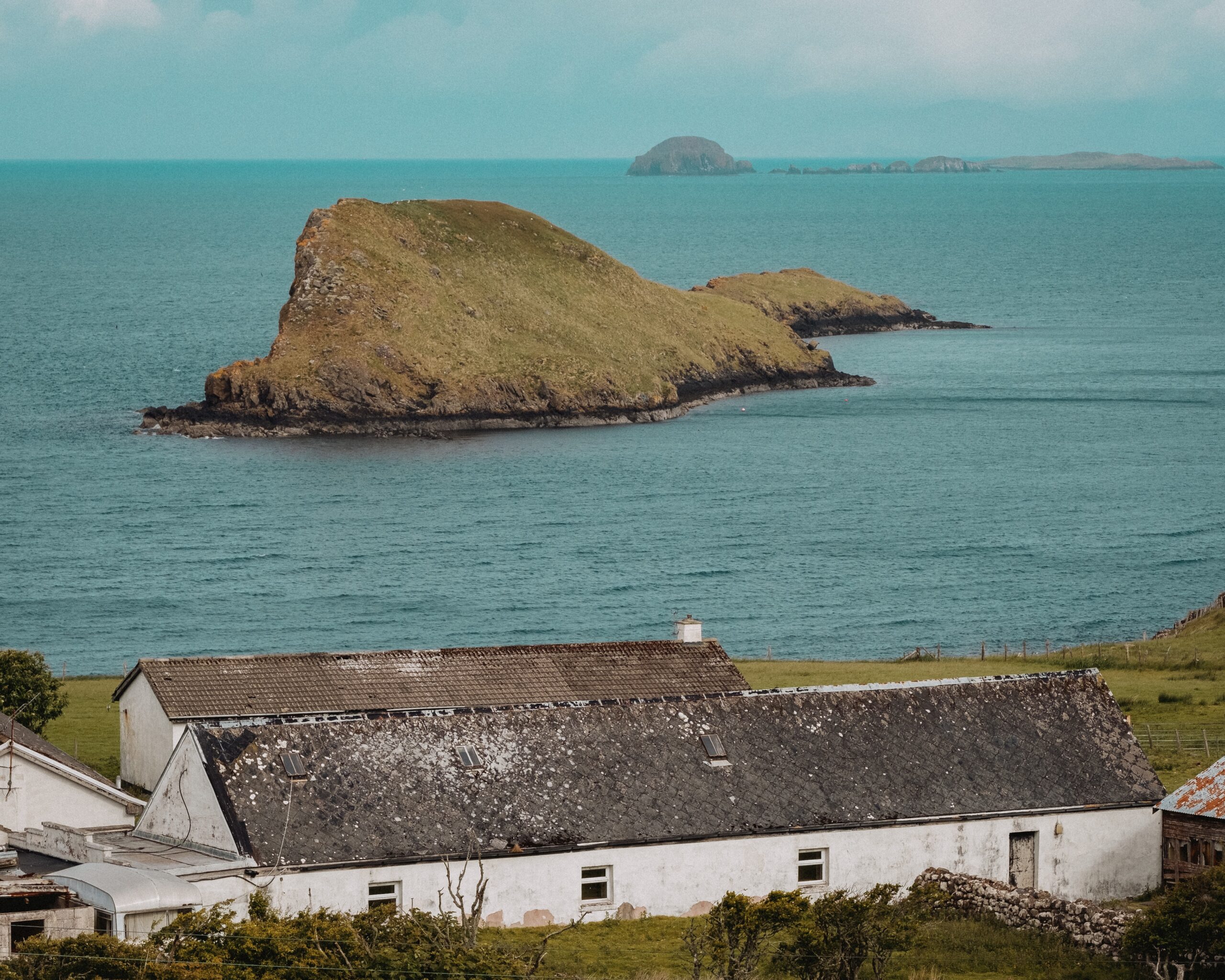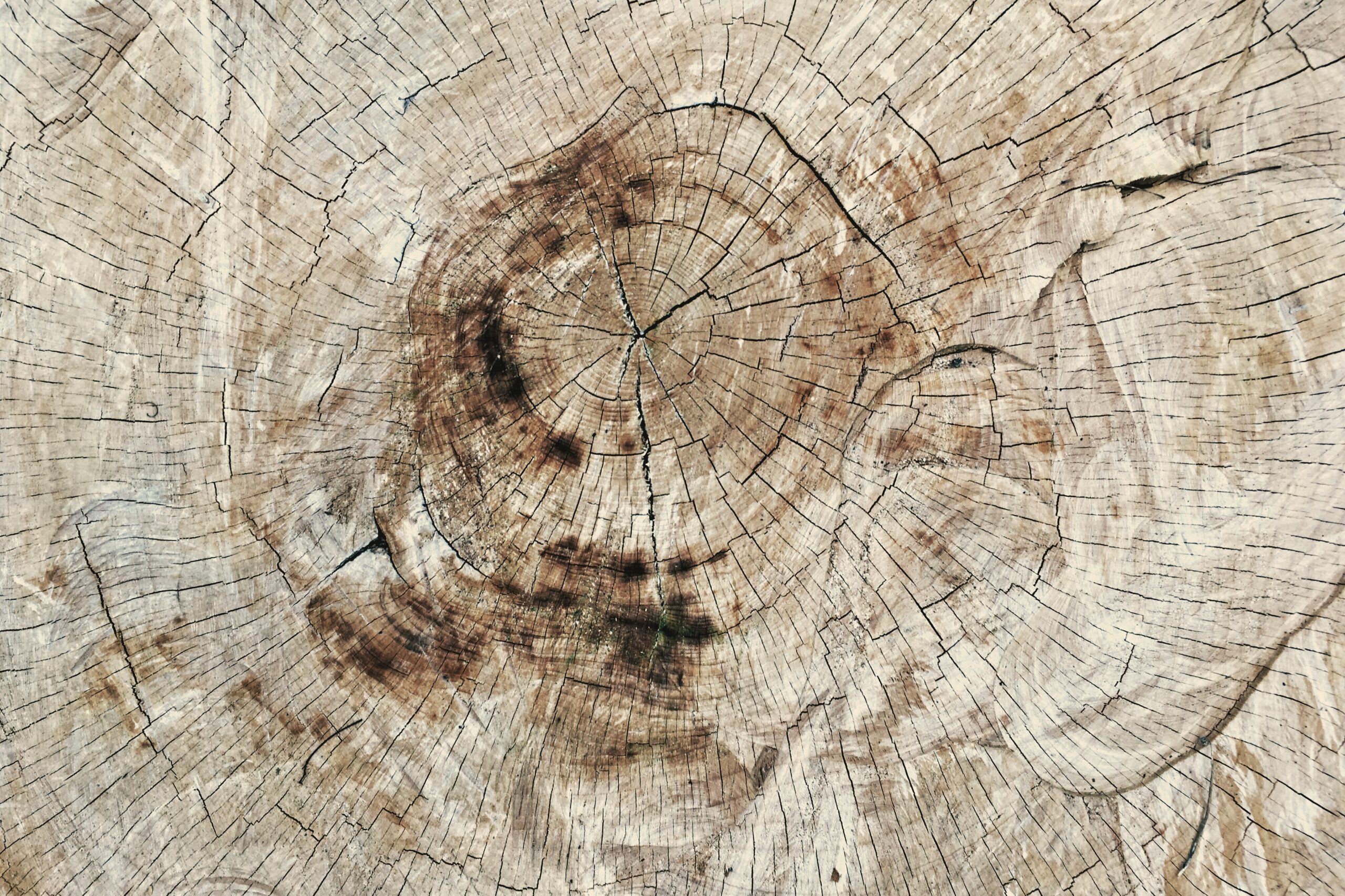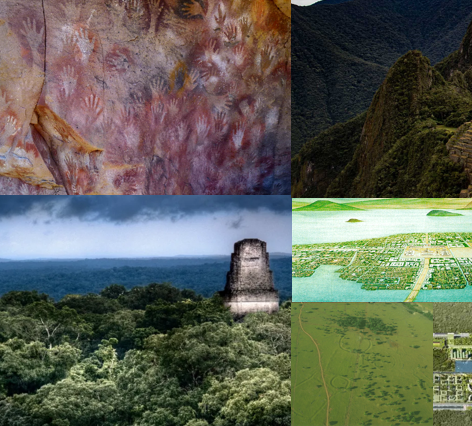A virtual Q&A session with IHOPE Scientific Steering Committee member Marcy Rockman will be held on Zoom April 10th from 4 – 5pm (CET/UTC+2). This session is a follow up to the…
Tag: Seminars
Exploring the Linkages Between History, Environmental Challenges, and Contemporary Policy This event is reposted from our partner BRIDGES Sustainability Science Coalition. Help us close out our inaugural season of the BRIDGING Communities…
Swedigarch, the Swedish National Infrastructure for Digital Archaeology, is hosting an online seminar on June 8th at 16.00 CET. The seminar is a part of the recurring events Swedigarch holds, and the…
Dr. Philip Slavin’s seminar “The Birth of the Black Death: Biology, Ecology and Climate in Tian Shan in the Early Fourteenth Century” considers the context around the beginning of the Plague in…
Dendrochronologist Andrea Seim will give a seminar in English on the topic “Historical forest cover and timber availability during the last millennium in central Europe: insights from tree rings and pollen”. As…
Join us on Monday December 5th, 2022 16.00 – 18.00 (Stockholm Time) for the next online seminar in our LACHES (Latin American and Caribbean Historical Ecology Seminars) series which takes place on…
We are hosting our 4th online LACHES (Latin American and Caribbean Historical Ecology Seminars) seminar on October 3rd, 2022. Email contact[at]ihopenet.org to register and receive the passcode to join. October 3 16-18…
5 September, Innocent Pikirayi 16-18 (Stockholm time) https://uu-se.zoom.us/j/64762014406 The Ecology of Water, Great Zimbabwe Recent research at Great Zimbabwe interpreted…
Welcome to the 3rd LACHES seminar on Monday August 1st at 4 pm (Swedish time)! https://uu-se.zoom.us/j/63767034974 16-16.40. Anthropogenic Changes in Lowland and Insular Ecuador By Florencio Delgado Espinoza, Department of Liberal Arts (Universidad…
The Department of Archaeology at the University of Cambridge is continuing its Historical Ecology Garrod Research Seminar Series with: Modelling ‘The Dawn of Everything’: How Simulating a Complex Yesterday Might (Not) Help…








